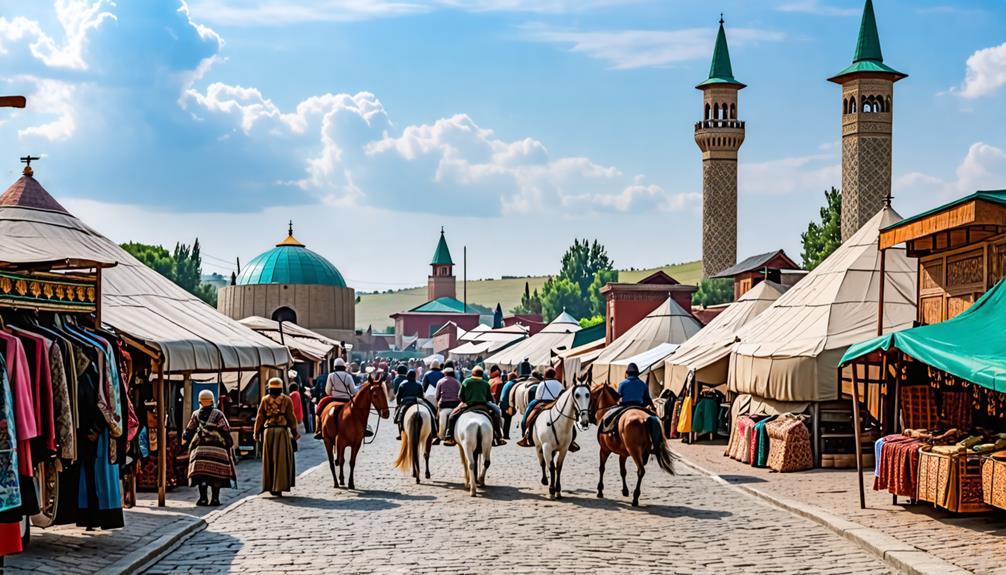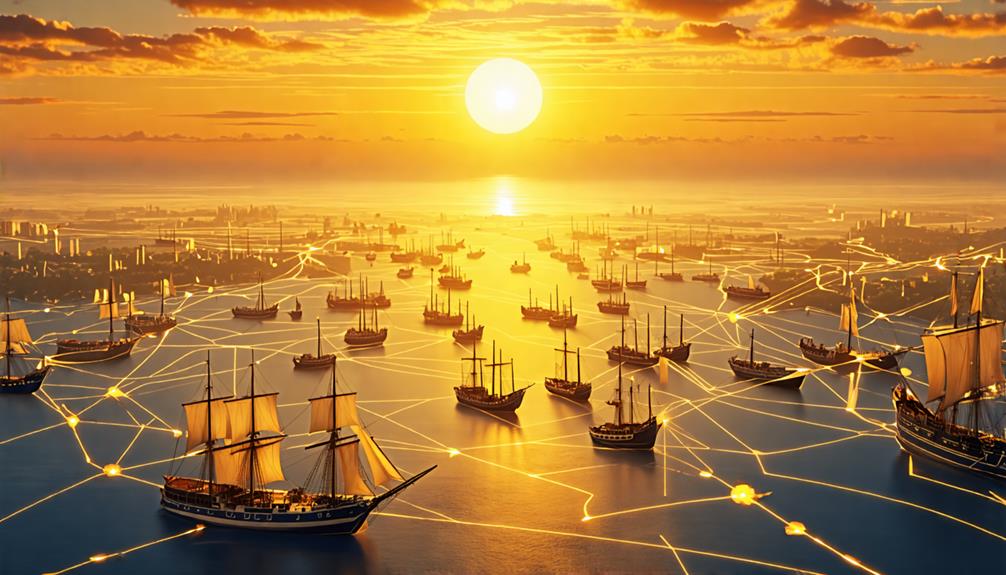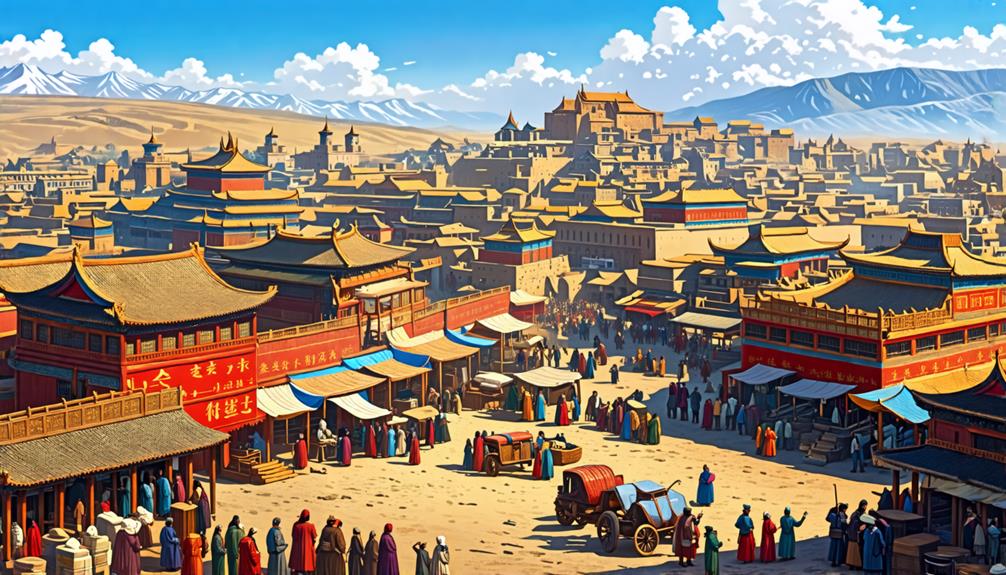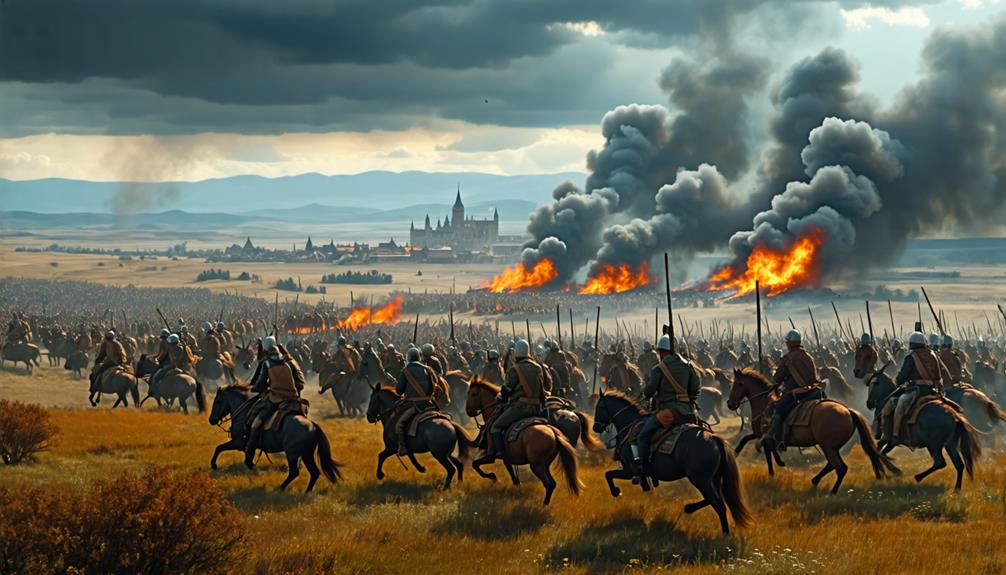Imagine a world where the Mongol Empire never fractured. Its armies continued their relentless march westward, consuming Europe in their wake.
If this scenario had occurred, it would have profoundly altered the course of history.
The political, religious, and cultural landscape we know today would be vastly different, shaped by Mongol rule and influence.
Europe's Unrecognizable Political Landscape

If the Mongol Empire had successfully conquered Europe, the continent's political landscape would have been drastically altered. One theory is that Europe would have been divided into administrative districts, with local rulers paying tribute to the Mongol Khan, while the Holy Roman Empire, papacy, and other major powers would have been greatly weakened or eliminated.
It's possible that a similar scenario could have occurred centuries later if another powerful Asian empire, such as the Ottoman Turks, had successfully invaded and subjugated Europe. Such an event would have meant significant changes to European culture, religion, and political structures, with far-reaching consequences that are difficult to predict.
Christianity's Struggle for Survival
In an alternate history where the Mongols conquered Europe, Christianity may have faced significant challenges to its dominance. One theory suggests that the Mongols' policy of religious tolerance could have led to a more diverse and pluralistic society, with various faiths coexisting and competing for influence.
This scenario might've resulted in a diminished role for the Church, as it would have struggled to maintain its authority and control in the face of new religious and cultural influences.
It's worth noting that a similar situation occurred centuries later when the Ottoman Empire conquered parts of Eastern Europe. The Ottomans also practiced a form of religious tolerance, allowing Christians and Jews to practice their faiths while living under Muslim rule.
However, the impact on Christianity in this case was less severe, as the Ottoman conquest was more limited in scope compared to the hypothetical Mongol conquest of Europe.
Pax Mongolica: Unprecedented Stability

In an alternate history where the Mongol Empire achieved even greater stability and cultural exchange, the Pax Mongolica could have had far-reaching consequences.
One theory suggests that the increased safety of the Silk Road might've led to an earlier Renaissance in Europe, as ideas and technologies from the East arrived more quickly and efficiently.
Another possibility is that the Mongol Empire's religious tolerance could have resulted in a more diverse and inclusive society, with various faiths coexisting peacefully under Mongol rule.
It's worth noting that a similar period of stability and cultural exchange occurred centuries later during the Pax Britannica, when the British Empire dominated much of the world.
Silk Road's Golden Age
In an alternative history, the Mongol Empire's Pax Mongolica could have led to a golden age for the Silk Road, facilitating unprecedented trade and cultural exchange between East and West. One theory suggests that this stability and infrastructure would have allowed merchants from distant lands to converge, sharing exotic goods and knowledge, thus enriching civilizations along the route.
It's possible that similar attempts to control the Silk Road were made by other empires, such as the Timurid Empire in the 14th and 15th centuries.
The effects of a longer-lasting Pax Mongolica on global trade, cultural diffusion, and technological advancement are open to speculation, with potential outcomes ranging from accelerated progress to increased conflict and competition among nations.
Linguistic and Ethnic Transformations

In an alternate history where the Mongol Empire remained unified, one theory suggests that Turkic and Mongolic languages would have spread further westward. This linguistic shift could have led to greater cultural exchange and ethnic diversity, potentially creating new hybrid identities and transforming the region's demographics.
It's worth noting that similar scenarios of linguistic and ethnic transformation occurred at later dates, such as during the Ottoman Empire's expansion.
However, the specific outcomes and extent of these changes in a prolonged Mongol Empire remain open to interpretation and speculation.
Technological Advancements and Exchanges
In an alternate history where the Mongol Empire endured, it's plausible that the exchange of knowledge and skills across Eurasia would have accelerated. One theory is that this could have led to a more rapid spread of technologies like gunpowder weapons, advanced metalworking, and printing from East to West.
It's possible that Mongol support of scholars and artisans would have created an extensive network for sharing ideas, potentially resulting in groundbreaking inventions and discoveries.
While the Mongol Empire didn't persist, some argue that a similar scenario occurred later under the Islamic caliphates and the Ottoman Empire, which facilitated cultural and technological exchanges between Europe, the Middle East, and Asia.
Conclusion
Imagine riding a majestic stallion across a vast, borderless empire. The winds of change whisper tales of unity and progress in your ear.
As you journey from the heart of Asia to the shores of the Atlantic, you witness the birth of a new era. The old world order crumbles, making way for a vibrant tapestry of cultures, languages, and ideas.
In this alternate reality, the Mongol Empire's enduring legacy shapes the very fabric of human civilization.

Leave a Reply